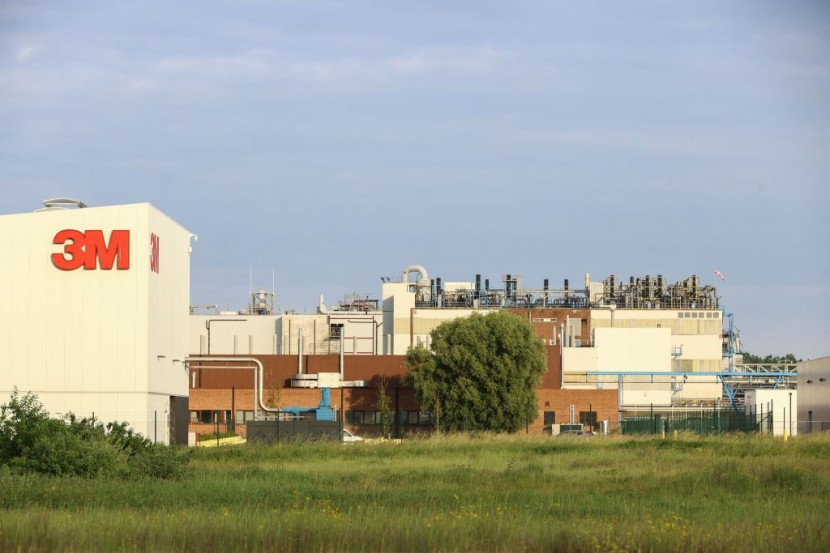
The company announced that chemical manufacturer 3M Co. would pay at least $10.3 billion to settle lawsuits involving the contamination of numerous public drinking water systems in the United States with potentially hazardous compounds used in firefighting foam and a variety of consumer products.
The agreement would compensate water providers for the contamination caused by polyfluorinated substances, known collectively as PFAS - a broad category of chemicals used in nonstick, water- and grease-resistant products like garments and cookware.
3M to Pay $10.3 Billion to Settle 'Forever Chemicals' Claims
Because they do not degrade naturally in the environment, PFAS has been dubbed "forever chemicals" and have been linked to a variety of health issues, including liver and immune system harm and some cancers.
According to NY Post, the compounds have been detected at variable concentrations in the nation's potable water. In March, the Environmental Protection Agency proposed stringent limits on two prevalent varieties, PFOA and PFOS, and stated its intention to regulate four others.
Water purveyors would be responsible for monitoring their systems for the contaminants. The agreement would resolve a case that was set to go to trial earlier this month involving a claim by Stuart, Florida, one of approximately 300 communities that have filed similar lawsuits against companies that manufactured firefighting foam or the PFAS it contained.
3M CEO Mike Roman said the St. Paul, Minnesota-based company will cease all PFAS production by the end of 2025.
The settlement will be paid over 13 years and could reach $12.5 billion, depending on how many public water systems detect PFAS during EPA-mandated testing over the next three years, according to attorney Scott Summy of Dallas, one of the principal attorneys for those prosecuting 3M and other manufacturers.
The settlement, which was reached on Thursday, will be used to rid public water systems across the United States of toxic compounds that allegedly seeped from the company's firefighting foam.
US Water Systems
From Philadelphia to San Diego, approximately 300 municipalities report that PFAS compounds in firefighting foam leached into potable water. 3M's decision to settle the nationwide class action comes as companies in various industries seek alternatives to PFAS and as regulations restrict their use.
Since the 1940s, 3M has manufactured and used hazardous chemicals; since the 1960s, they have been incorporated into their firefighter foam. They are referred to as "forever chemicals" because they do not degrade in the environment, Daily Mail reported.
PFAS have also been utilized in numerous commonplace products, including water canisters and adhesives. According to the Wall Street Journal, Roman described the proposed resolution, which does not include an admission of liability, as "a crucial step forward for 3M."
Roman also insisted that the company is investing in water-filtration technology and remains committed to its commitment to cease PFAS production by 2025's end. 3M has stated that it will defend itself in court if certain conditions are not met.
The cities' attorneys stated that the settlement would assist municipalities and water providers nationwide in upgrading treatment systems to filter out PFOS, a type of PFAS that 3M used for decades in firefighting foam and has been detected in drinking water across the country.
Related Article : Titan Submersible: OceanGate CEO's Wife Wendy Rush Related to Famous Titanic Victims








